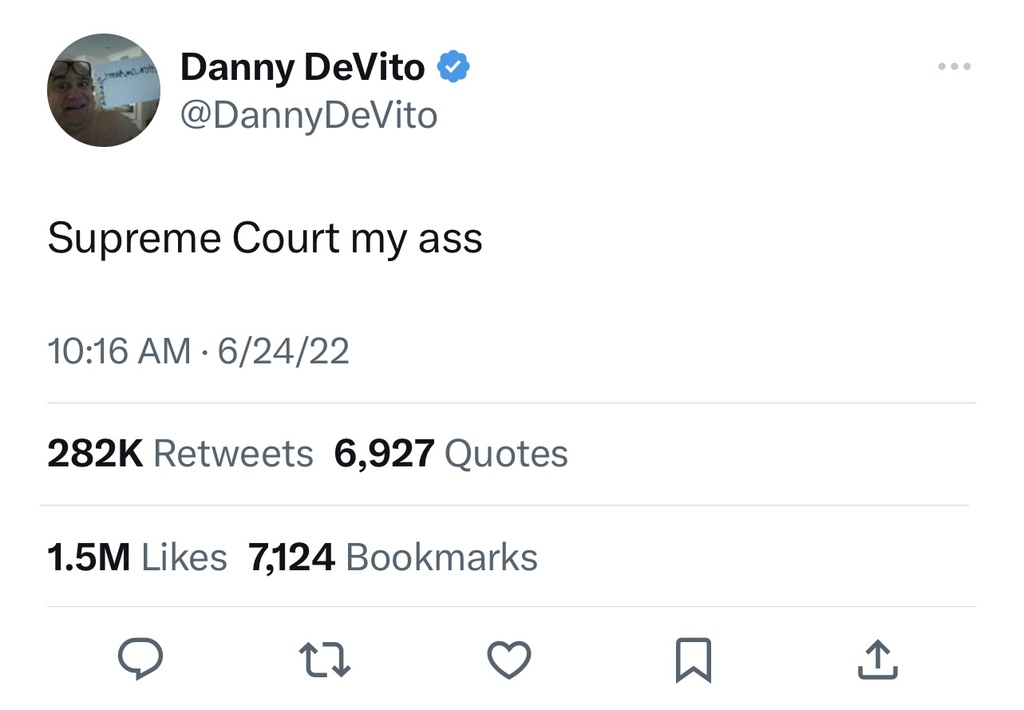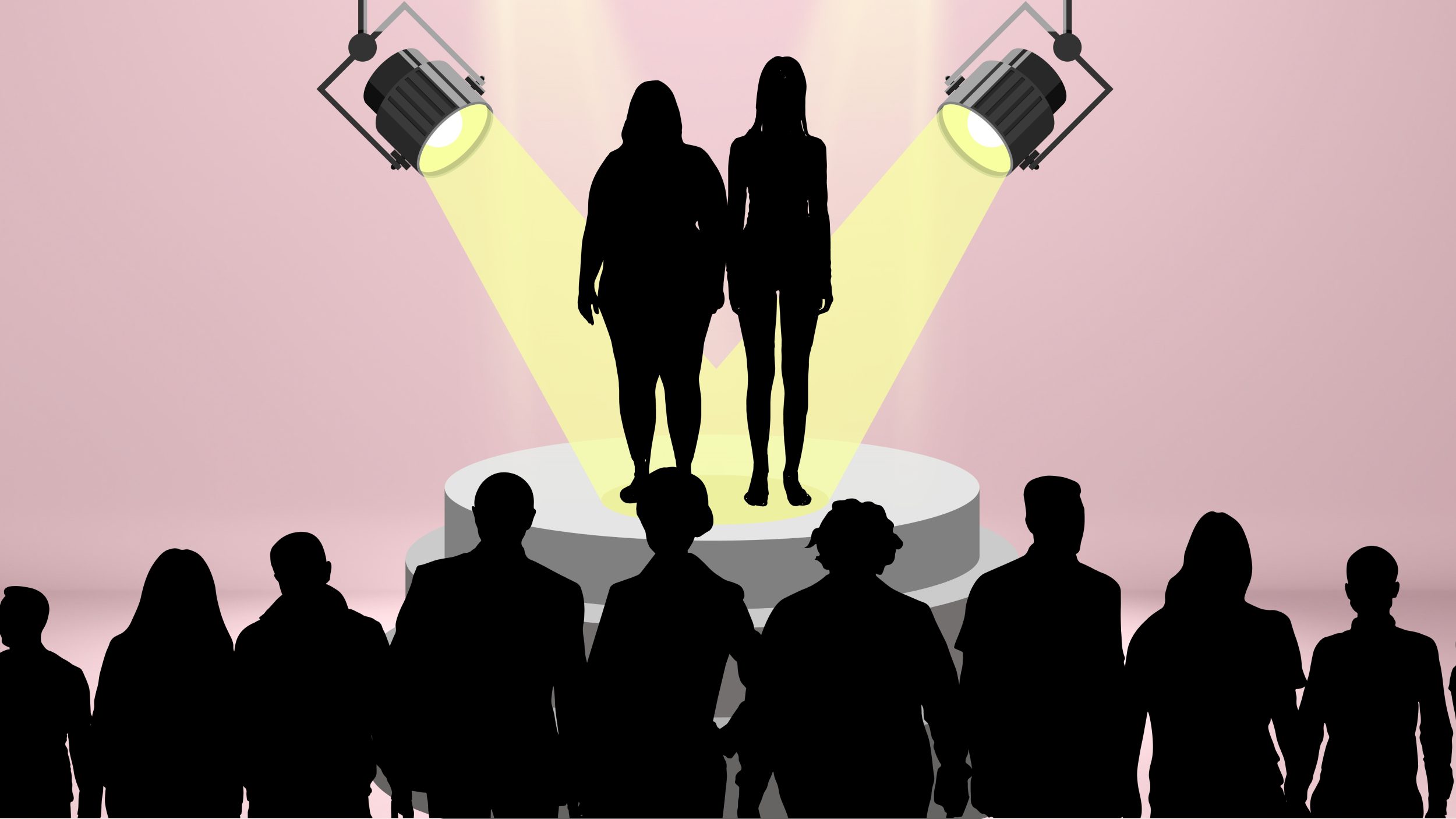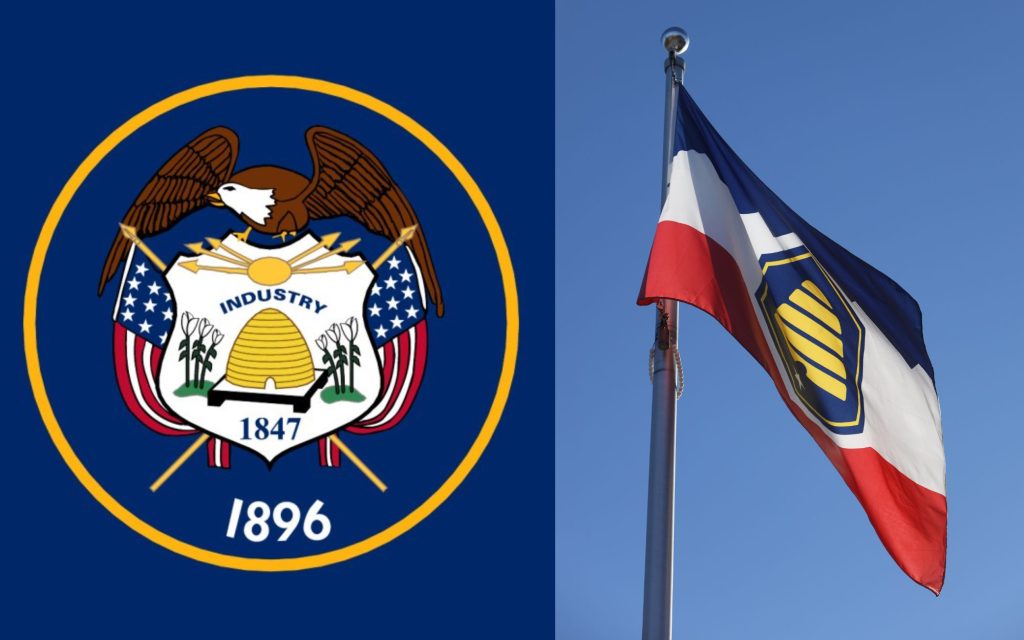After the overturning of Roe v. Wade in June 2022, representatives in each state of the country were allowed to decide the legality of abortion care – Utah has taken a step in the wrong direction.
The choice officials have made to ban abortion clinics is a terrible decision because it will only hurt those who need and want to have abortions.
Utah Governor Spencer Cox signed H.B. 467 banning abortion clinics March 15. This includes the prohibiting of abortion clinic licensing starting May 3. Abortion clinics will be closed entirely by January 2024.
Essentially, this bill requires abortions to be performed in hospitals, and they will be allowed under certain conditions which include threats to the health of the mother, rape and incest that has been reported to authorities. The abortions that will be performed in Utah hospitals have to be before the 18-week mark of a pregnancy.
My question is: “Why are we going back in time?” Roe v. Wade was established in 1973, essentially 50 years ago. Why is it that abortion clinics that offer healthcare to those in need of it are being banned?
Now, 50 years later, rights that were established for women are now being taken away. Sure, there are “exceptions” to this new law in Utah. However, those exceptions should not be anybody’s business. If a woman has been a victim of rape or incest that is her personal business and shouldn’t be discussed as a “valid” reason for an abortion.
Abortion is about choice, and it shouldn’t matter the reason. That choice has been taken away. Whether you agree or disagree with someone’s choice to have an abortion, that decision should still be an option and not be completely taken away.
According to the Center for Reproductive Rights, when Roe v. Wade was established, the choice to continue or end a pregnancy belonged to an individual and not the government.
“The Supreme Court recognized that the right to liberty in the Constitution, which protects personal privacy, includes the right to decide whether to continue a pregnancy,” said the Center for Reproductive Rights.
This brings me back to my question of why are we going back in time? It’s 50 years later and the Supreme Court is now deciding abortions should be up to the states. Why is that, and why are states like Utah banning abortion clinics that are crucial to women getting the healthcare they need? I only see harm caused from this ban of abortion clinics.
Those who simply want an abortion cannot get one in Utah because of the new law. Abortion clinics offered abortions to anyone who wanted them not just because of certain circumstances.
Many celebrities took the opportunity to use their platforms for good and speak up about the overturning of Roe v. Wade.
These celebrities include Danny DeVito, Eddie Vedder and Stevie Nicks. DeVito took to Twitter and said, “Supreme Court my ass.” This tweet perfectly sums up my reaction along with millions of others. DeVito took the words right out of my mouth.

According to Us Weekly, lead singer of the rock group Pearl Jam, Eddie Vedder, said during a concert performance, “No one – not the government, not politicians, not the Supreme Court – should stand in the way of access to abortion, birth control and contraceptives.” Vedder explains that abortion is a choice.
Pearl Jam’s Instagram reposted that moment from the concert and said: “People should have the FREEDOM to choose. Today’s decision impacts everyone, and it will particularly affect poor women who can’t afford to travel to access health care.”
That’s another reason why abortion clinics should not be banned. Not all women can travel, or in Utah’s case, cannot afford a hospital bill from getting an abortion.
Member of Fleetwood Mac, Stevie Nicks, wrote on Instagram in the form of a letter about the overturning of Roe v. Wade. She concluded with, “P.S. History is repeating itself… and its even more frightening this time…”
Nicks even spoke about an abortion she had in 1979. In an interview with The Guardian, Nicks said, “If I had not had that abortion, I’m pretty sure there would have been no Fleetwood Mac.”
Nicks explains how crucial it is that individuals have the option of abortion. The choice needs to be available for people so they can choose the course of their lives.
Nicks said: “And I knew that the music we were going to bring to the world was going to heal so many people’s hearts and make people so happy. And I thought: you know what? That’s really important. There’s not another band in the world that has two lead women singers, two lead women writers. That was my world’s mission.”
If Nicks didn’t have the option of abortion, the course of her life would have been immensely different. She said it herself, Fleetwood Mac probably would have not existed. Without that choice, individuals are not in control of their lives.
Because of the law signed in Utah, St. George News brought up the point that the new law banning abortion clinics also bans the use of abortion medication which was widely used in Utah abortion clinics. This means abortion pills that were once given out at abortion clinics are no longer an option.
In a KSL article, Planned Parenthood President and CEO Karrie Galloway said in a news release Planned Parenthood is searching for options to preserve access to abortion in Utah in regards to H.B. 467.
Despite the crushing effects of the new law in Utah, Planned Parenthood is trying to help those in need and those who want abortions; however, they will no longer be able to prescribe abortion medication or perform abortions themselves in Utah.
This new law in Utah is taking us back in time to 1973 and before that when abortions were illegal. It’s genuinely scary knowing that in my state, wanting an abortion is simply not an option. Abortion and reproductive rights should be nobody’s business except for the individual whom it concerns.




